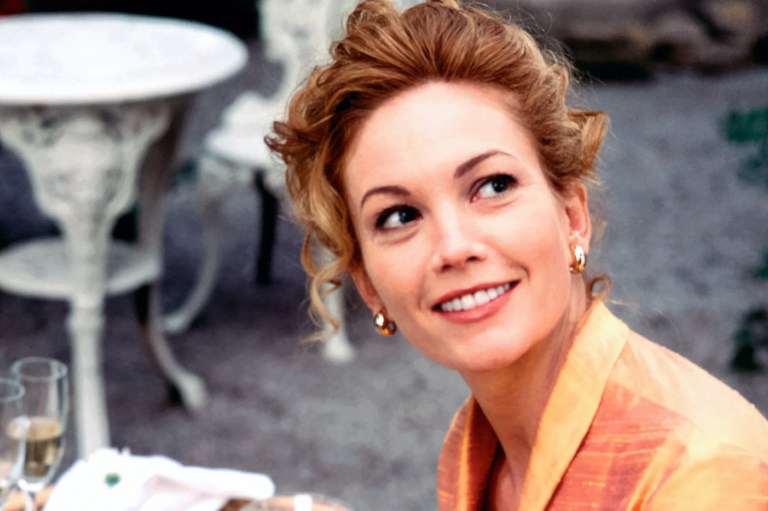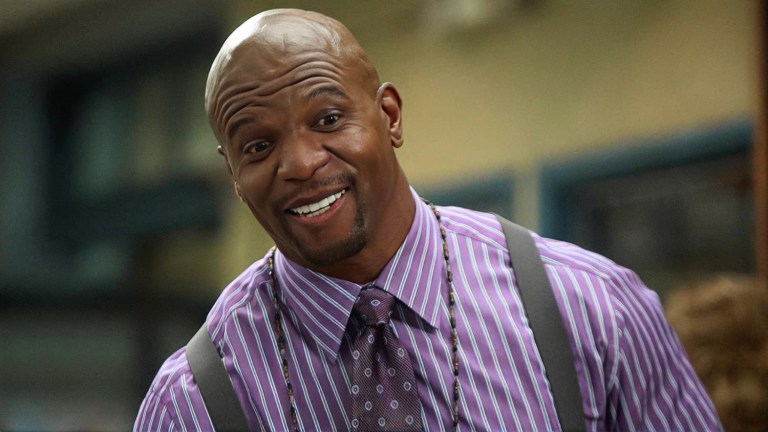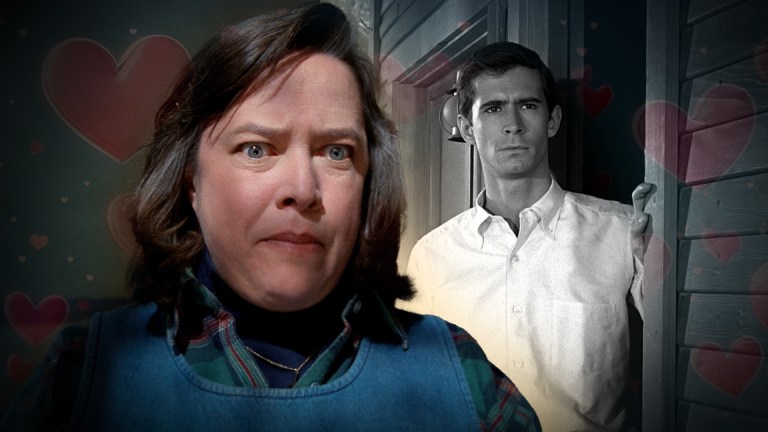
I Would Rather Be Called “Ugly”
It would be nice if we praised people for their ugliness -- and called it what it was -- because to slap some makeup on them for a photoshoot and make them passably attractive in order to celebrate their other accomplishments is ridiculous.
There is a palpable divide amongst those who have gone through adolescence — and its accompanying schooling — and rather enjoyed the whole ordeal, and those who didn’t. While there are various social castes and exclusive activities that are bound to divvy up the crowd a little bit, few things cut them more into two solid groups than “The Pretty Ones” and “The Ugly Ones.” As with most social phenomena at that age, it’s quite similar to how things work in the real world, only heavily amplified and with an added sprinkling of pure cruelty when the occasion calls for it.
You know which category you fall into. If, like me, you had deep, cystic acne, years-long braces, triangle-shaped hair, and the farthest possible thing from a functional fashion sense — it couldn’t be clearer. Whatever your aesthetic handicap was — especially if it was something that could be latched onto with an easy joke or a cruel barb — you could be sure that it would trail you for as long as you were stuck in the educational prison with these people. You quickly learn to be jealous of the pretty people, for whom life seems unbelievably easy and fun. You realize that not only is life unfair, but that it is heavily unfair in their favor, and that the incredible advantages and perks to being born beautiful are just a party to which you are, at least for the moment, not invited.
But beyond that, you realize that shiny hair and full lips are not a crutch on which you can ever fall back on. Through necessity, and frankly, through desperation, you start to think about what other things you can use to your advantage. You realize that making people laugh, being a friend you can always turn to, or becoming really good at something — whatever that may be — are all ways to carve out a “you” that isn’t immediately pegged for being unattractive. Your defining characteristic could, if you chose to work at it, become something other than your crooked nose or flat chest. I remember deciding actively that I had to try to be the funny girl, because to be the girl whose skin looks like a permanent, sandpaper-textured solar flare was not who I wanted to be. Sure, there were always going to be people who teased or looked down upon me for my appearance, but I was able to have real friends — and even a boyfriend or two — who saw something in me they liked and wanted to be around.
When I left adolescence, as happens with so many of us, the more acute signs of ugliness started to fade away. I learned how to dress for my shape, got acquainted with a hair straightener, and finally found some skin medication that made a dent in the problem (though it is by no means eradicated, trust me). I know when I look in the mirror that there are still things a plastic surgeon would be eager to fix — my nose looks different from each side, for example, and is quite crooked depending on the angle — but I have reached a kind of stasis where I’m okay with how things look. I’m not a model, and will still feel the occasional pang of jealousy when I see men and women who are so naturally gorgeous it almost hurts to look at, but things are okay. And like many people who grew up with less-than-ideal physical attributes, when people comment positively on my physical appearance or notice me in the street, I still think, on some level, it’s a joke. I’m starting to accept, though, that I’m not the girl I was before, and that there are things about me that do look nice. As with any adjustment of this magnitude, it just takes time.
The one thing, however, that I’ve discovered really rubs me the wrong way when it comes to my appearance — notably when coming from men who might be interested in me — is when I am called “pretty.” There is a difference between the genuine compliment from someone who likes and respects the person you are and simply wants to let you know how they feel, and the tossed-aside acknowledgement that, whatever may be going on inside, you meet a minimum requirement of aesthetic appeal. In fact, when some men have offered up “pretty” or even “sexy” as their most genuine statement, I have never felt less so. I would much rather they found me wholly unattractive, but still saw fit to give me the time of day. Sure, I may meet some bottom-cutoff-point of physical beauty for them, but one day I won’t, and it would be nice to know that I am still worth talking to even when I don’t. “Hey, pretty girl, come here,” or “Ooh, pretty girl,” sound more like insults than anything.
And I don’t think that cultivating a personality, learning to crack jokes, or being a good friend is exclusive to ugly people who were forced to make the effort. I know that there are plenty of model-beautiful people who also have so much to offer the world in every other department. But I also know that those who have been considered both “ugly” and “passably pretty” in life can tell the difference between someone looking past your face to enjoy the person inside and someone giving you a two-second once-over to put you in the “decent-looking” column and call it a day. “Pretty” doesn’t mean anything. Sure, it’s objectively better than “wretched,” but for the wrong reasons. Though I know that life is verifiably easier for people who are more aesthetically pleasing, I wish it were an adjective we could just wipe from our vocabulary completely. I don’t want it to matter, and I would much prefer someone who found me physically unattractive but loved to be in my company. If nothing else, I would know it was sincere — something I earned.
And yes, it is irritating when people who won the jackpot on the genetic lottery complain about how the world doesn’t take them seriously because they are so blindingly beautiful, but one day they will be ugly, too. They will no longer be wanted by strangers, or given a leg up by their beauty, and seeing the other side of the coin will be something they’ll have to face, completely unprepared. In the end, it would be nice to just get rid of this coin entirely. It would be nice if we praised people for their ugliness — and called it what it was — because to slap some makeup on them for a photoshoot and make them passably attractive in order to celebrate their other accomplishments is ridiculous. Female politicians shouldn’t have to be wrinkle-free. Aging actors shouldn’t have to go under the knife every other month. Balding men shouldn’t have to invest in painful treatments to grow back a sparse little tuft of hair. We don’t need to soften their ugliness to appreciate who they are.
We work for “funny,” we work for “charming,” we work for “smart” — and nothing is more satisfying than knowing people appreciate who we have put in the time to really become, instead of just the body were born in. ![]()











